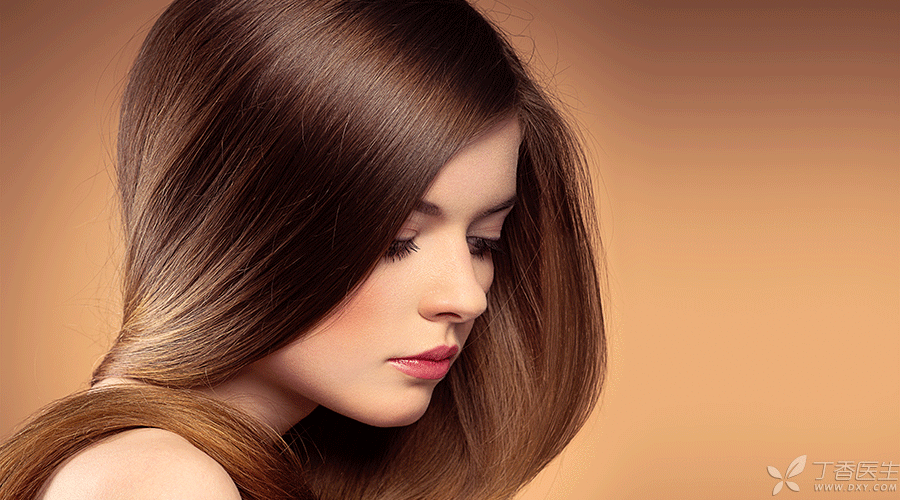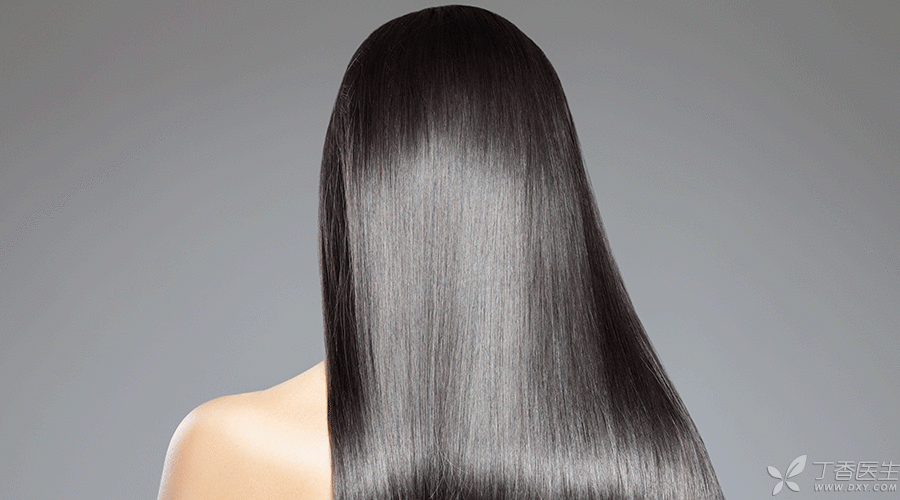
A while ago, consumers had many doubts about the topic of [silicone oil] in shampoo products.
Many manufacturers use [silicone oil-free formula] to give consumers [popular science] the advantages and efficacy of silicone oil-free formula shampoo products.
This makes people wonder: If silicone oil is so good, wouldn’t it be bad for hair if silicone oil is available?
Indeed, some people say that [silicone oil] will block the pores of hair, making it unnatural, greasy, thick, collapsed, dry, manic, even causing alopecia and even terrible carcinogenesis.
Then, let’s talk about silicone oil, a commonly used additive in hair products.
Healthy Hair Elements
Everyone wants to have healthy hair, and the main definition of healthy hair is: rich, shiny, soft and easy to take care of.
In our daily life, scalding, electric blowing, unreasonable washing and protection, even the simplest combing of hair, will cause rough hair surface, dry hair, bifurcation, even falling off, etc.
It is also because of this that people began to pay attention to shampoo products as early as the 1980s, especially adding certain substances to shampoo, so that the hair skin can be repaired and the health of the hair can be restored.
Therefore, silicone oil made its debut.
Silicone oil (polydimethylsiloxane): commonly used additive in hair products and cosmetics. Blocking pores is purely fictitious!
Silicone oil has good viscosity and ductility, and can repair hair scales damaged on the surface of hair. It not only makes an important contribution to the wet feeling and wet carding of hair, but also is of great help to the dry feeling and dry carding of hair.
As for the addition concentration of silicone oil in shampoo products, it is generally about 1% ~ 4%, and in most cases, silicone oil has good water solubility.
Some studies have confirmed that the deposition rate of silicone oil in shampoo on the hair surface is at most 20%, and the deposited [oil] may be only nine Niu Yi hairs compared with the [head oil] secreted by your scalp itself.
Therefore, the blockage of pores mentioned by many people is purely fictitious.
- The head oil secreted by the scalp itself will top out the silicone oil that may be left by shampoo every day. Where will there be blockage? Hair loss is further from the point. There are many reasons for hair loss, but it is really rarely heard because of silicone oil.
Silicone oil is actually added to many skin care products, and the concentration added is higher than that of shampoo products.
Strange, why didn’t anyone say [silicone oil blockage] in skin care products?
Shampoo [Silicone-Free Formula]-More Expensive and Updated, Suitable for Specific Groups
Before, many businesses advocated that the [silicon-free] era of shampoo had come.
As a matter of fact, comparing silicone oil with non-silicone oil, there is no difference between good and bad. It can only be said that [no silicone oil] gives shampoo products a new concept.
In fact, people have been using [silicone oil-free shampoo products] since the earliest time. For example, a well-known brand shampoo in Shanghai, which sold well in those days, is a representative [silicone oil-free] formula. However, this shampoo is not exactly the same concept.
[Silicone Oil-Free] Instead of simply removing silicone oil from the shampoo formula, a milder surfactant is selected to replace the conditioner of silicone oil and the composition of effective scalp care.
Therefore, [silicone oil-free] is more suitable for some specific groups:
- Those with sparse hair and better fluffy effect after washing; Those with shorter hair and easier care at ordinary times; Sensitive scalp patients are susceptible to allergy to other ingredients in conventional shampoo (some preservatives, additives of essence and fragrance).
However, for women with healthy scalp, long hair or hot dye, silicone oil shampoo may be a better choice because it can provide smoother and easier hair quality.

How to Choose Shampoo and Hair Care Products Correctly
First of all, it should be explained that scalp is actually a local microecological environment, and a good balance is needed here in order to achieve real health.
An important parameter to measure scalp health is pH value. The pH value of healthy scalp is generally around 5.5, which is in a weak acidity, while the pH value of shampoo in the national standard is 6.0 ~ 7.5.
- When selecting a shampoo product, It is best to choose weakly acidic shampoo close to the scalp pH value. As to whether shampoo and hair care products need to be used separately, It depends on the quality of your hair. If you still feel that your hair is dry and difficult to comb after using shampoo products alone, you need further repair by hair care products at this time, which may be caused by the damage to hair dryness caused by various [tampering]. Hair care products can repair hair dryness more directly.
Is there any difference when choosing hair conditioner, hair film and hair care essential oil?
The answer is no, just choose one to use, regardless of the dosage form, the key depends on your hair care experience and effect.
